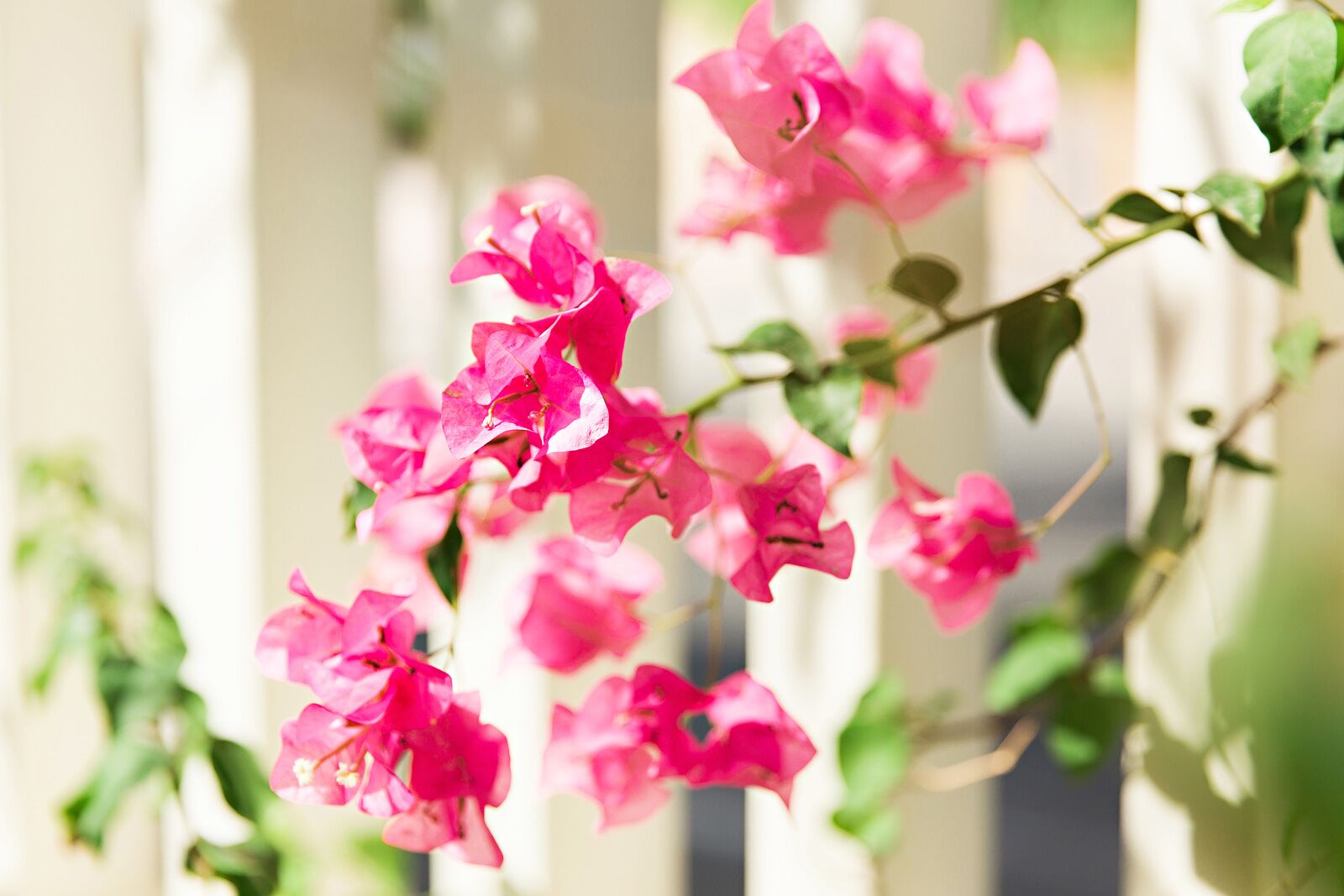
Have you ever wondered how your everyday life can impact the world around you?
Like every other living being on the planet, each and everything we do leaves some impression on nature. Did you know that something as trivial as our daily food wastage is negatively impacting the earth? According to the United Nations Food and Agricultural Organization, roughly 30% of food is wasted globally across the supply chain. Unknown to many, this contributes to 8% of the total greenhouse gas emissions in the world.
Gases such as carbon dioxide, nitrous oxide, methane, and hydrofluorocarbons are produced and emitted from food production to the use of our refrigerators. Taking the amount of metal cans, cardboard boxes and plastic packing into consideration, which we get when buying food, we are all generating a lot of waste, thereby contributing in one way or another to climate change. Overall, we can say that reducing food waste is one way to reverse the effects of global warming.
Recent studies by Project Drawdown tell us that reducing food waste and resorting to good recycling practices can reduce more than 70 billion tons of greenhouse gas emissions.
But how do we do this? What can we, as individuals and families do to help reduce greenhouse emissions? Apart from switching to natural products as part of your personal detox program, there are more ways in which you can lead a life of wellness; by reducing your food wastage and by starting a bokashi composting. Here’s two:
Why we recommend bokashi
Unlike other composting methods, Bokashi composting is an anaerobic process that relies on the inoculated barn with Lactobacilli to ferment kitchen waste including dairy and meat. As the input waste is fermented by bacteria and not decomposed, the process doesn’t emit any greenhouse gases or heat. The fermented matter is then directly fed to fields or garden soil, virtually taking all the carbon, energy and nutrients in it to enter the soil food web.
How we do it at The Hundred
Since we realized the impact of ‘seemingly harmless’ food waste on the environment, we were researching alternate ways to manage our organic waste. On learning about bokashi composting, we started using the method to manage the vegetable wastes from our daily meals as well as the waste generated from the 100 cafe.
During the fermentation process, the breakdown of the input releases liquid runoff, which is high in proteins, nutrients, and lactic acid. Occasionally we drain and collect this liquid, known as the “bokashi tea”, dilute it with water and sprinkle it over a targeted area of the soil. This ensures that all of the nutritional value of the waste is utilized to feed the soil ecosystem, along with solid matter at a later stage.
Bokashi is also a hygienic waste management method due to the amount of lactic acid it produces. Lactic acid is a strong natural bactericide with antimicrobial properties. As more of the acid is produced during the fermentation process, it suppresses the lactobacilli, slowing down the fermentation and eventually stopping it.
As a result, the fermentation bin does not release any smell when it is closed. On average, this bin must be opened only for a minute or so in a day to add the input waste or to drain off via the tap. Once the bokashi compost is ready for use, we dig trenches in our garden adding the waste and covering it over with soil. When we see our garden in full bloom, we say a silent thank you to the bokashi.
Bokashi Compost is one simple way in which you can reduce the everyday carbon emissions in your household. It’s a perfect detox program you can provide for the environment. By reducing food waste and composting it efficiently, we can all take small steps in making this world a better place to live.


